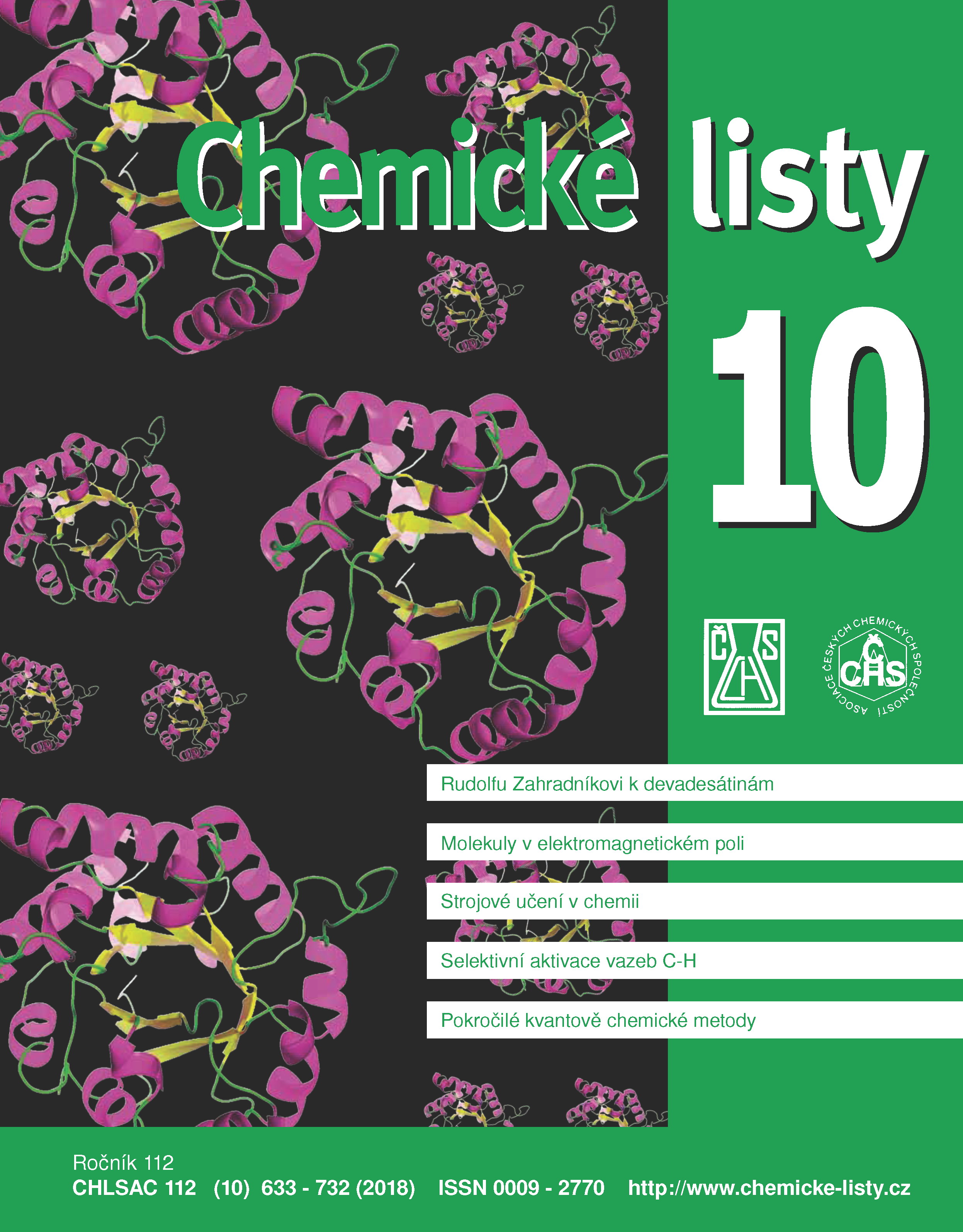Still Chemists? Chemists at the Head of the Czechoslovak Academy of Sciences, Czech Academy of Sciences and Other Academies of Sciences 1952–2000
Keywords:
Academy of Sciences, chairmen, Eastern bloc, chemistsAbstract
It is typical for the Czechoslovak Academy of Sciences, founded in 1952, as well as for its successor, i.e., the Czech Academy of Sciences, that the proportion of chemists active in the academic management, especially as the chairmen of the whole institution, has been and is still high. With the exception of the period 1952–1962 and 1970–1985, the head of this institution was always a chemist. This contribution deals with the personalities-chemists who were at the forefront of the most important Czech non‑university scientific institutions between 1952 and 2000: František Šorm, who was significantly influencing the Academy of Sciences since the beginning of its existence, Josef Říman, chairman at the time of Conversion, his successor, highly respected "father of soft contact lenses", Otto Wichterle, and, finally, the first president of the Czech Academy of Sciences Rudolf Zahradník. In the second part of the text, the situation in the Czech Republic is compared with that in other countries of the former Eastern Bloc (USSR, GDR, Poland, Hungary, Bulgaria, and Romania), in Austria and Slovakia. The results show that the dominance of chemists as chairpersons of the Academy of Sciences is a Czech specific; only the former GDR, a country with a very significant chemical industry, was in a similar situation. The extraordinary position of chemists in the Czech academic milieu is explained in this paper by the references to the famous tradition associated with the specific atmosphere of the sixties, F. Šorm's activities combining professional and managerial qualities, and excellent results of chemically-oriented institutes and laboratories, without ideological burdens.





